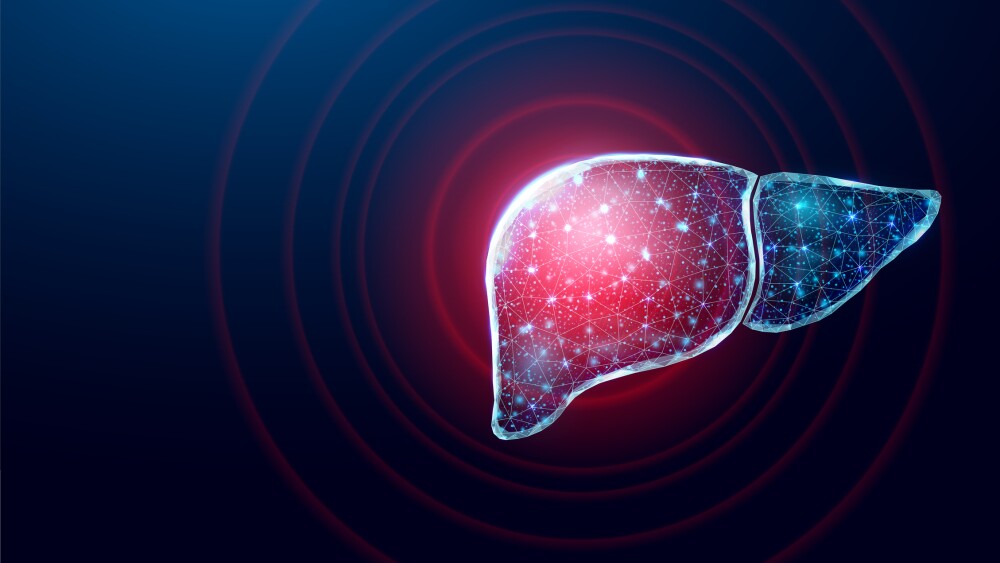ImmunoGenesis announced the publication in Clinical Cancer Research of results from a Phase 1 trial of evofosfamide, the only known reducer of solid tumor hypoxia, combined with an immune checkpoint inhibitor, ipilimumab, in patients with advanced cancer.
Data reported in Clinical Cancer Research support the efficacy of evofosfamide in combination with checkpoint inhibition in advanced, immunologically “cold” tumors
|
| [16-June-2021] |
| HOUSTON, June 16, 2021 /PRNewswire/ -- ImmunoGenesis, a clinical-stage biotechnology company developing therapeutics to catalyze effective immune responses in immunologically cold cancers, announced the publication in Clinical Cancer Research of results from a Phase 1 trial of evofosfamide, the only known reducer of solid tumor hypoxia, combined with an immune checkpoint inhibitor, ipilimumab, in patients with advanced cancer. The journal article, “A Phase 1 Dose Escalation Study to Evaluate the Safety and Tolerability of Evofosfamide in Combination with Ipilimumab in Advanced Solid Malignancies,” highlights an overall response rate of 17% and a disease control rate of 83% across four dose levels in 21 heavily pre-treated patients. In addition, a clear biomarker picture emerged with pre-existing immune gene signatures correlating with response to therapy and hypermetabolic signatures predicting progression. Responders also showed improved cellular signatures of anti-tumor immunity. “A hostile tumor metabolism is a major source of immune resistance in certain tumors,” said James Barlow, ImmunoGenesis President and CEO. “Evofosfamide, with the demonstrated ability to reduce tumor hypoxia, can be a critical component of facilitating immunotherapy efficacy in these tumors. With these compelling results in hand, we look forward to advancing our development pipeline.” “Along with others in the field, I had identified tumor hypoxia as a barrier to effective tumor immunity in certain tumors,” said Michael Curran, PhD, founder of ImmunoGenesis. “These exciting Phase 1 data support preclinical observations in which evofosfamide reversed tumor hypoxia and facilitated the efficacy of checkpoint inhibition. The efficacy of the combination in these heavily pre-treated patients appears superior to checkpoint monotherapy and provides strong rationale for the use of evofosfamide as a tumor conditioning agent.” The study was led at The University of Texas MD Anderson Cancer Center by Curran, Associate Professor of Immunology and David S. Hong, M.D., Professor of Investigational Cancer Therapeutics. Dr. Curran has a personal financial relationship with ImmunoGenesis, which is managed and monitored by the MD Anderson Conflict of Interest Committee. About the Phase 1 Study About Evofosfamide About ImmunoGenesis Forward-Looking Statements Contacts Jennifer Guinan SOURCE ImmunoGenesis |




